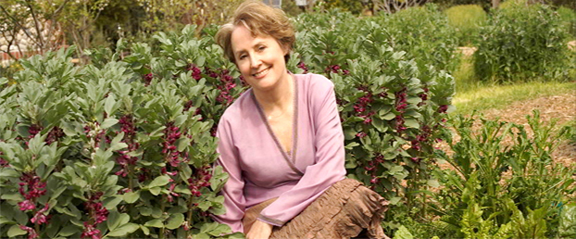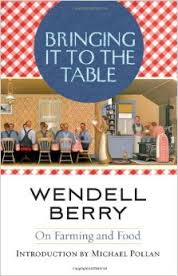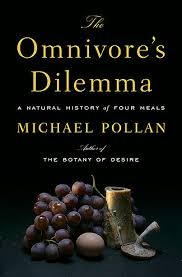“Imagine if we had a food system that actually produced wholesome food. Imagine if it produced that food in a way that restored the land. Imagine if we could eat every meal knowing these few simple things: What it is we’re eating. Where our food came from. How it found its way to our table. And what it really cost. If that was the reality, then every meal would have the potential to be a perfect meal. We would not need to go hunting for our connection to our food and the web of life that produces it. We would no longer need any reminding that we eat by the grace of nature, not industry, and that what we’re eating is never anything more or less than the body of the world. I don’t want to have to forage every meal. Most people don’t want to learn to garden or hunt. But we can change the way we make and get our food so that it becomes food again—something that feeds our bodies and our souls. Imagine it: Every meal would connect us to the joy of living and the wonder of nature. Every meal would be like saying grace.” ― Michael Pollan, The Omnivore’s Dilemma: A Natural History of Four Meals
Once we have grown good or bad food, we then have to get it to the table. In many cases, with the enlarged farming techniques moving the food farther away from the table, we have had to begin preserving food in new ways. Often these preservatives worsen the food rather than keep it wholesome.
Referred to as the Mother of the Slow Food Movement, Alice Waters discusses her desire to see us return to basic, wholesome, fresh foods.









